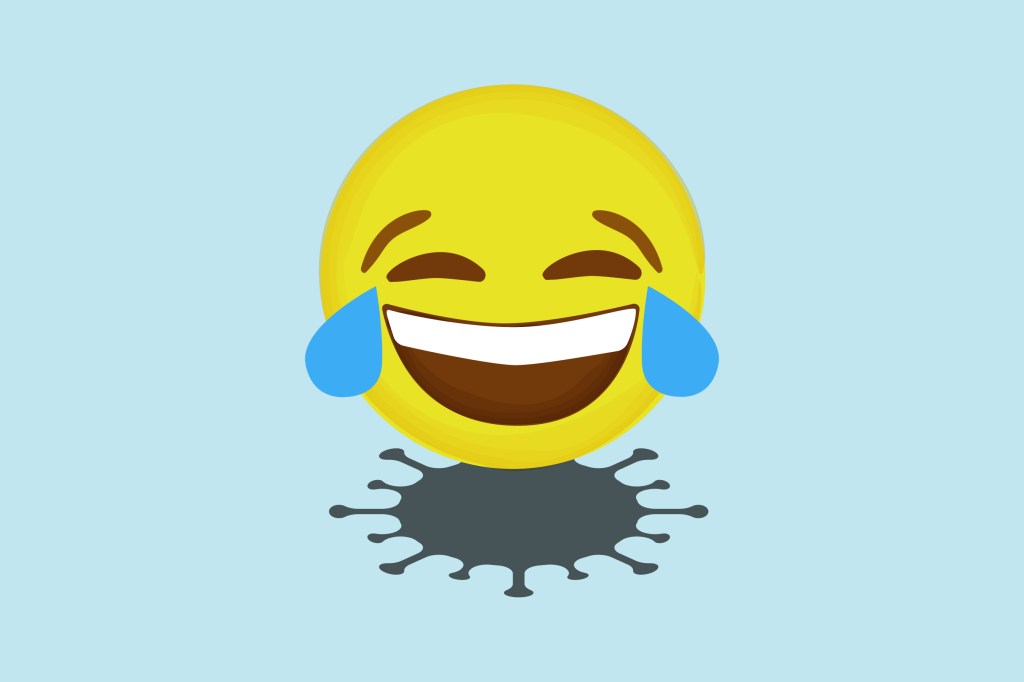[UPDATED on April 10]
CHICAGO — As their city confronts a wave of COVID-19 patients, Chicagoans are managing to get some belly laughs. The source? Memes of their leader staring down would-be social-distancing violators.
In one doctored image, a somber Mayor Lori Lightfoot peers down from the roof of the famous Superdawg hotdog stand alongside a pair of wiener statues.
https://twitter.com/veronikellymars/status/1245364812663660544?s=20
Others shared under the hashtag #whereslightfoot show her sitting in a booth at an empty jazz club, gazing at a throng of tourists from the reflective sculpture known as the Bean and shooing away picnicgoers in a treasured impressionist painting that hangs in the city’s Art Institute.
Lightfoot memes proliferated after a March 26 order in which the mayor angrily closed Chicago’s lakefront and other major recreation spots that had become overrun with people.
Rather than get defensive, Lightfoot has played up her hard-nosed image.
Chi Party Aunt is not wrong. https://t.co/AmnjdR8slS
— Archived: Mayor Lori E. Lightfoot (@mayorlightfoot) April 1, 2020
She made a lighthearted public service announcement in which she bakes, sings, cajoles, bargains, talks astrology and fluffs pillows to reinforce her administration’s “Stay Home, Save Lives” mantra.
“Here’s what’s up,” Lightfoot tells viewers in one clip. “If I make this shot, you gotta stay home.” She then dunks a ball into a basketball hoop attached to her fridge and does a victory cheer.
Chicago’s mayor isn’t the only elected leader leveraging humor to prod citizens into complying with COVID-19 directives.
Metuchen, New Jersey, Mayor Jonathan Busch starred in a playful video to promote good hygiene.
https://twitter.com/MetuchenNJ/status/1236060885996748800
New York Gov. Andrew Cuomo ridiculed the notion that anyone could simultaneously practice social distancing and play basketball, and engaged in witty on-air banter with his little brother, CNN host Chris Cuomo.
The governor also recruited comedian Danny DeVito to do a PSA, while California Gov. Gavin Newsom tapped comic actors Ken Jeong (a former doctor) and Larry David to put their personal spins on stay-home messaging.
Kentucky Gov. Andy Beshear has encouraged riffs on his COVID-19 warnings, like a Facebook meme group and a hip-hop video made by firefighters.
“If it makes people smile right now, I’m for it,” Beshear said during a news conference.
While humor may attract attention to the message, it’s not clear how effective it is at changing behavior. That is especially true with the current pandemic.
“We’ve never had a crisis like this, and so it’s really hard to say that what worked in another setting might work in this setting,” said Susan Polan, associate executive director for public affairs and advocacy at the American Public Health Association.
Some research shows people respond more positively to messages about health threats when they are conveyed with humor.
Funny content often gets shared a lot, which means the message reaches more people, Polan said. For example, an animal calendar caused web traffic to spike in the association’s “Get Ready” disaster preparedness campaign.
“The serious messaging is everywhere,” Polan said. The memes and videos constitute “an add-on that is going to appeal to some people.”
However, using humor might be risky, according to Xiaoli Nan, a professor of communication science at the University of Maryland.
In a 2017 study, she and a collaborator compared the short-term reactions of 303 undergraduate students to humorous and non-humorous messages about drunken driving and unprotected sex. They found that messages with sarcasm and irony generated more arguments against the implied health advice.
Sarcasm, in particular, led to more pushback, maybe because people don’t want to be made fun of.
Take the irate Italian mayors on a viral video. “Where are you going with these incontinent dogs?” one shouts. “You are irresponsible idiots — colossal idiots!” Another threatened to use flamethrowers on partygoers.
A witty approach “may get people’s attention, but that may come at the cost of decreased message strength,” Nan said. “I would tread with caution when it comes to using humor in COVID-19 messaging.”
Kelly Leonard, executive vice president of The Second City, a Chicago-based improvisational comedy troupe that also does training, said it’s about context: “When there’s a need for cold facts in a crisis, you probably don’t want to be cracking jokes.”
But people also need a release valve. “There’s a reason that all of our late-night shows are comedy shows, right after the news,” Leonard said.
Leonard observed that Lightfoot is the first openly queer black woman to be elected mayor of a major U.S. city. She’s also short in stature. Those outsider traits may relate to her skill at wielding humor to deflate tension.
“She’s had to live a life of such ‘othering’ and made it through,” Leonard said. “She IS the mayor of Chicago. It gives her a kind of power, and she’s using it.”
Polan agreed: “She’s making fun of herself and using it to educate people, and that’s powerful.”
[Correction: This story was updated at 12:50 p.m. ET on April 10 to correct the affiliation of Xiaoli Nan. She is a professor at the University of Maryland.]







